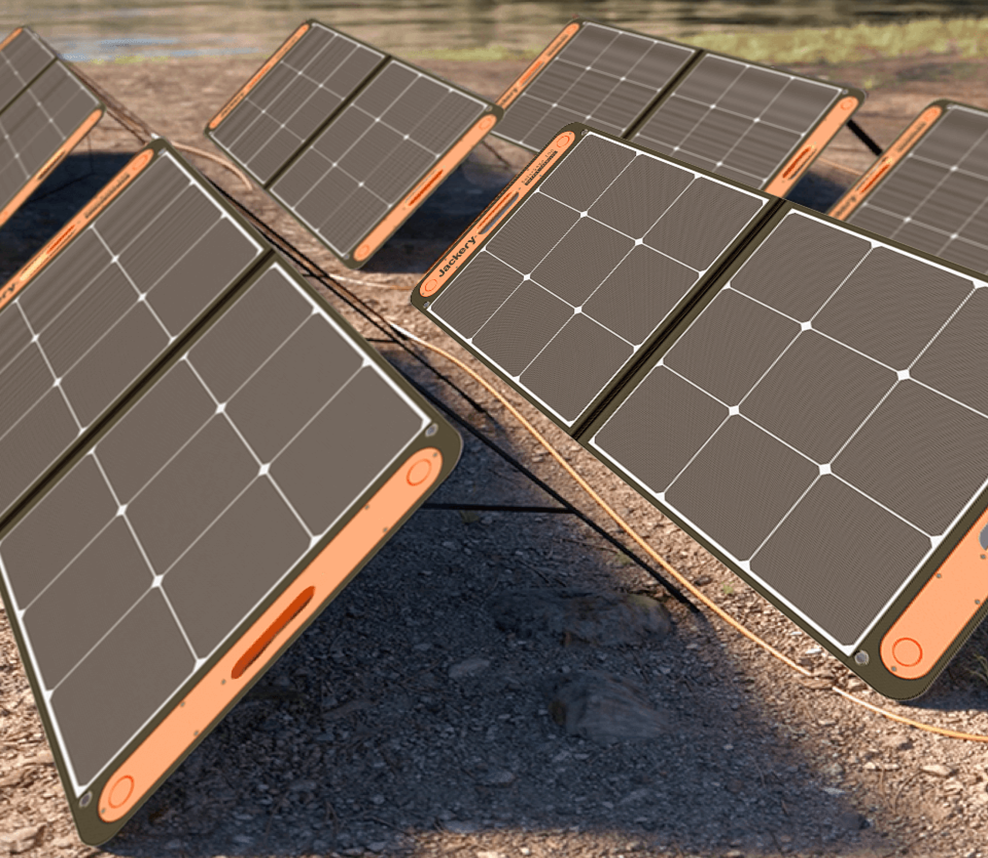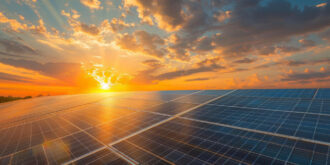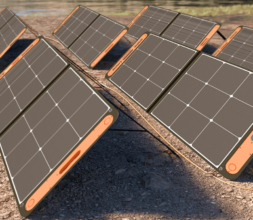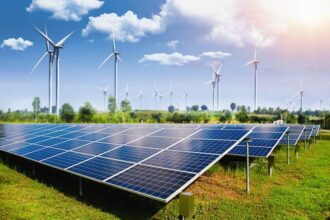Key Things To Look At Before You Install Solar Panel
- 1 Top Factors To Look At Before Installing Solar Energy
- 2 Type of solar panel
- 2.1 Monocrystalline Solar Panels:
- 2.1.1 Advantages:
- 2.1.2 Limitations:
- 2.2 Polycrystalline Solar Panels:
- 2.2.1 Advantages:
- 2.2.2 Limitations:
- 2.3 Thin-Film Solar Panels:
- 2.3.1 Advantages:
- 2.3.2 Limitations:
- 2.4 Bifacial Solar Panels:
- 2.4.1 Advantages:
- 2.4.2 Limitations:
- 2.5 Property exposure to direct sunlight
- 3 Conclusion
Are you considering installing solar panels either at home or at your workplace? That’s great because it is a massive step in the right direction toward securing a greener future. Having the solar panel will save your energy bills. However, before installing solar panels, there are a few things you need to keep in mind to avoid making mistakes.
Everyone would want to invest in sustainable energy as it will lower their energy bills. But like any other investment, you need to be careful by having proper plans and considerations to get the best. Here are essential things that you should consider before you install a solar panel on your home.
Top Factors To Look At Before Installing Solar Energy
Your roof’s condition
The roof of your house should be in good condition before you install solar panels. Before buying your ideal solar panels, inspect the roof’s weight, stability, and strength to hold it in place. This will depend on the number of panels you need because it can add weight to your roof. That is why your roof should be in good condition. If not, get renovations done before you allow any installation to take place.
Choose the right company.
There are several solar energy companies, including Tesla Solar Panels San Antonio, that provide you with sound installation for any of your electrical projects. Be sure to get a reputable solar panel installer who can do everything from scratch, including inspection of your home, access the situation, guide you in the buying process, possess required permits, complete any paperwork, install, and even offer you after-services work any time if you need it.
Energy required
If you want to begin green living, consider finding an energy audit to determine the amount of energy that you use in your household. Having this idea will help you to know your consumption needs, patterns, and many more details. That way, you are likely to look for ways that will enhance your energy efficiency by lowering the amount of electricity that you use. Besides, you will learn from the audit on the possible amount of solar energy that you need for your home. With this information, you will make a sound decision on the best solar panel that you need to buy.
Type of solar panel
There are three types of solar panels from which you can choose the right one for your use. These types include monocrystalline, polycrystalline, and thin film, which come in different sizes, efficiency, cost, appearance, and longevity. If you need to learn about the right type, consider factors surrounding each of the options and choose the most suitable choice that you can work with for your house.
Monocrystalline Solar Panels:
Monocrystalline solar panels are known for their efficiency and sleek design. They are made from a single crystal structure, typically silicon. The uniformity of the crystal structure allows electrons to move more freely, resulting in higher energy conversion efficiency. Monocrystalline panels are particularly suitable for situations where space is limited, as they produce more power per square foot compared to other types.
Advantages:
- High efficiency
- Compact and space-efficient
- Long lifespan
Limitations:
- Higher cost compared to other types
Polycrystalline Solar Panels:
Polycrystalline solar panels are made from multiple crystal structures, creating a less uniform appearance. While they are generally less efficient than monocrystalline panels, advancements in technology have narrowed the efficiency gap. Polycrystalline panels are a cost-effective option for those looking to balance performance with affordability.
Advantages:
- Lower cost compared to monocrystalline panels
- Decent efficiency
- Good performance in high-temperature conditions
Limitations:
- Lower efficiency compared to monocrystalline panels
Thin-Film Solar Panels:
Thin-film solar panels are known for their flexibility and lightweight. They are made by depositing thin layers of photovoltaic material onto a substrate, such as glass or metal. This manufacturing process makes them less expensive to produce but generally results in lower efficiency. Thin-film panels are suitable for large-scale installations and specific applications where flexibility is essential.
Advantages:
- Lightweight and flexible
- Lower manufacturing cost
- Good performance in low-light conditions
Limitations:
- Lower efficiency compared to crystalline panels
- Shorter lifespan
Bifacial Solar Panels:
Bifacial solar panels have photovoltaic cells on both sides, allowing them to capture sunlight from both the front and rear surfaces. This design enhances energy production by utilizing reflected sunlight from nearby surfaces, such as the ground or buildings. Bifacial panels are suitable for installations with reflective surfaces and can provide an additional boost in energy yield.
Advantages:
- Increased energy production due to dual-sided absorption
- Versatility in installation
Limitations:
- Costlier than traditional monoracial panels
Property exposure to direct sunlight
When evaluating your property for installation of the solar panel, consider the amount of time it will receive direct sunlight. If there are shadings from trees or buildings that may block direct sunlight, consider ruling out such situations from your panel. With that in mind, remember that your board will likely get photons from the sun even during cloudy days. Besides, you don’t expect blue skies all through the year.
Conclusion
Adhering to the above factors depicts that you are ready to install and pursue green energy options in your home, like the Tesla solar panels in San Antonio. That way, you will escape making costly mistakes as your system will run well and cover all your energy needs.



















